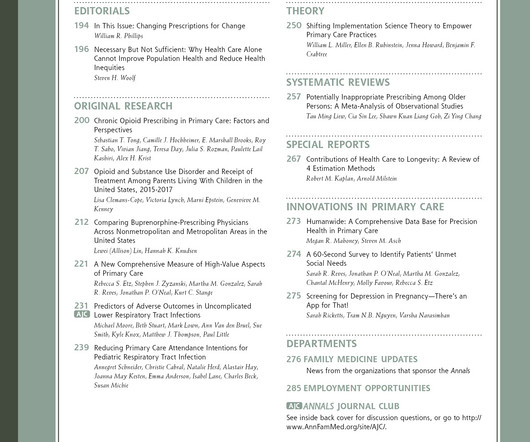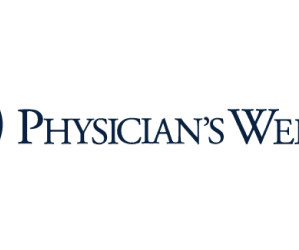Using EMR data to describe administrative workload of primary care providers in Nova Scotia, Canada [Secondary data analysis]
Annals of Family Medicine
NOVEMBER 20, 2024
This study aims to analyze electronic medical record (EMR) data to understand these workload dynamics. Outcome measures: Average number of prescriptions, referrals, and laboratory tests per encounters among primary care providers in Nova Scotia from 2007 to 2022. 0.9SD) encounters per patient since 2007. prescriptions, 1.1 (0.5)












Let's personalize your content